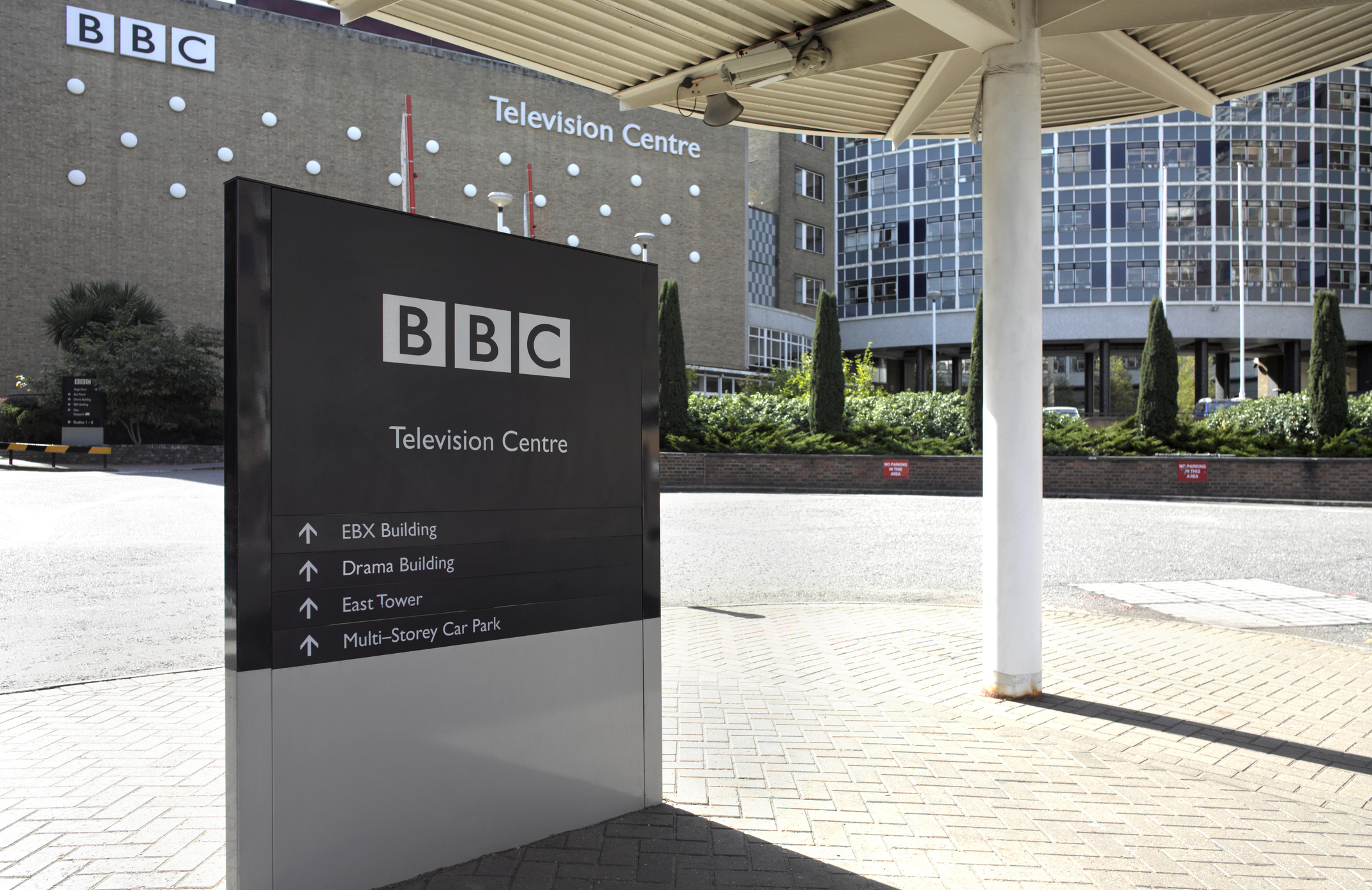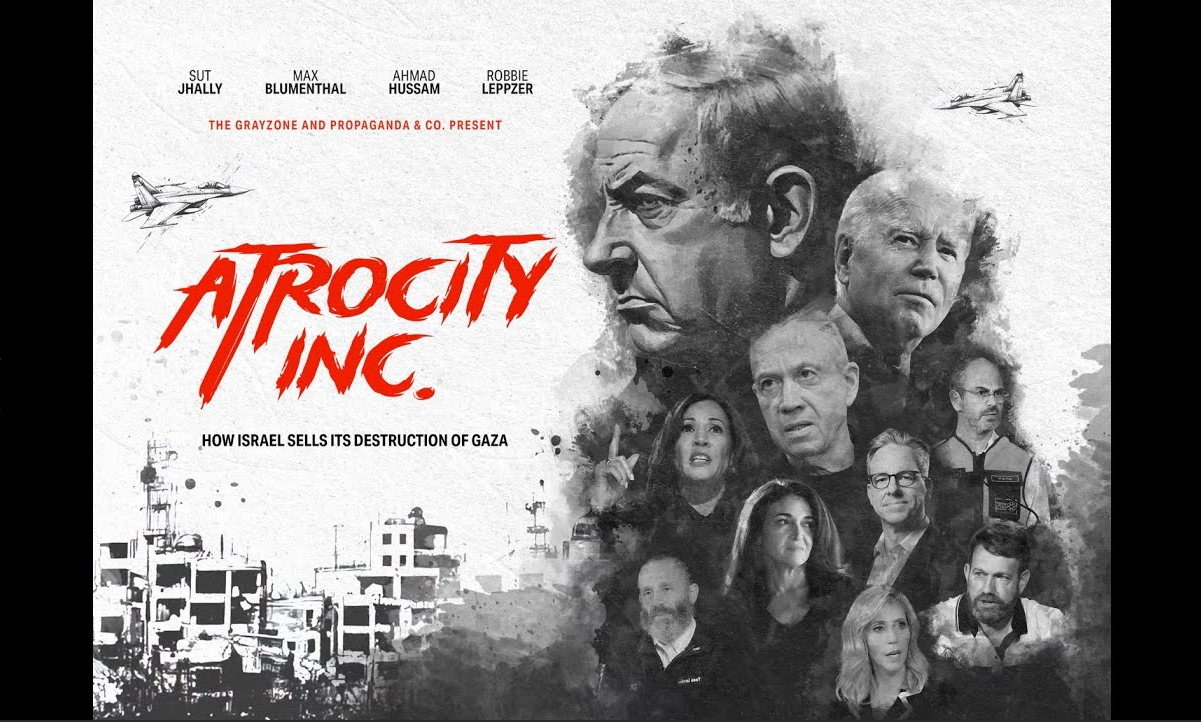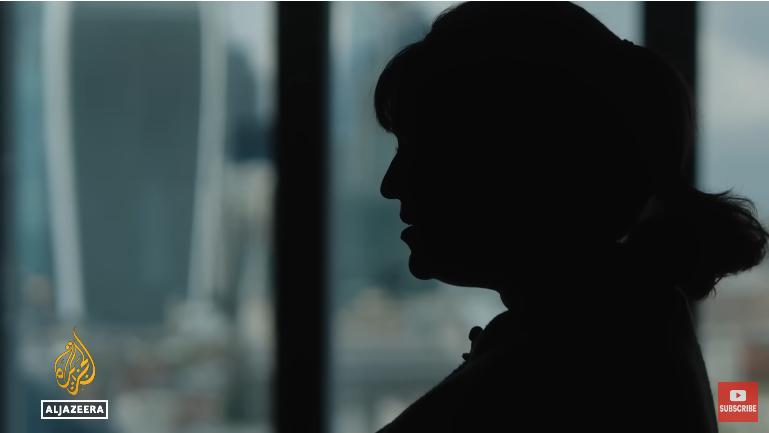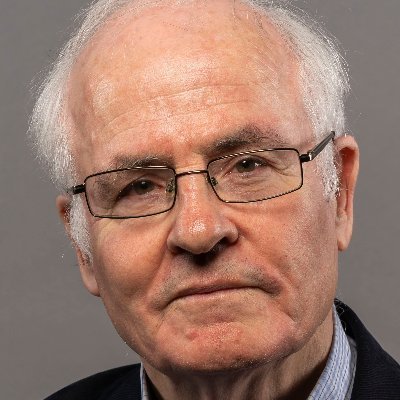The leak of a confidential memo by former BBC advisor Michael Prescott to the Telegraph marks the most intense chapter yet in the ongoing battle for editorial sovereignty within Western media institutions. Since the outbreak of Israel’s war on Gaza in October 2023, newsrooms have found themselves amid shifting dynamics of power and accountability.
Understanding this internal conflict cannot be confined to what the leaked memo described as an “error” by the BBC team in editing parts of former U.S. President Donald Trump’s speech on the day of the January 6, 2021, Capitol attack, which was broadcast in the documentary "Trump: The Second Chance". Rather, the memo demands a more comprehensive and critical reading that accounts for the power struggles aimed at influencing editorial decision-making within the BBC.
For this reason, the unfolding events must be analysed from two angles: The first pertains to the “editorial error” in Trump’s speech, used by Prescott at the outset of his memo as a deliberate shock tactic to draw the BBC Board’s attention to what he portrayed as failings in editorial management. This served as a strategic prelude to his sharp criticism of what he labelled an institutional bias against Israel in the BBC’s coverage of the war on Gaza, a claim that aligns seamlessly with longstanding pressure from pro-Israel lobbying groups.
Naturally, the Trump episode drew global attention and overshadowed other parts of the memo, particularly as media outlets focused on the reaction of a former U.S. president well-known for his animosity toward the press and his long-standing battles with mainstream American media. As expected, Trump seized the moment to expand his media war beyond U.S. borders.
His legal team swiftly contacted the BBC, demanding a formal apology and threatening a lawsuit seeking $1 billion in damages for reputational harm. The BBC issued an apology, with its chairman Samir Shah calling it a "misjudgment", but rejected any financial settlement. Nonetheless, Director-General Tim Davie and Director of News Deborah Turness both resigned. Still, this did not satisfy Trump, who vowed to pursue legal action and indicated he would seek between $1 billion and $5 billion in damages.
The second, and more significant, angle for understanding the transformation in newsroom power dynamics and accountability lies in the two-year-long campaign by the pro-Israel lobby to bring BBC executives under its influence and seize editorial control. Despite its persistent efforts, the lobby has so far failed to achieve its goals.
The second, and more significant, angle for understanding the transformation in newsroom power dynamics and accountability lies in the two-year-long campaign by the pro-Israel lobby to bring BBC executives under its influence and seize editorial control. Despite its persistent efforts, the lobby has so far failed to achieve its goals.
During the Gaza war, BBC executives faced an onslaught of reports from the U.S.-based CAMERA organisation (Committee for Accuracy in Middle East Reporting and Analysis), a prominent player in the pro-Israel media lobby known for monitoring and pressuring Western media to reshape editorial policy in line with the Israeli narrative and to silence Palestinian perspectives in Western journalism.
CAMERA openly expressed frustration over what it saw as BBC editorial leadership’s dismissal of repeated complaints filed throughout the war. The organisation demanded tighter editorial oversight of the Arabic service, a reorientation of the editorial line to match Israeli perspectives, and—most notably—the inclusion of external entities in content supervision.
Power Struggles and Accountability
Prescott’s internal memo echoes the core arguments made in some 28 recent reports issued by CAMERA that directly targeted BBC Arabic. Notably, Prescott included a paragraph defending his independence before the BBC Board, writing: “I have never been a member of any political party, and I hold no fixed views on issues such as U.S. politics or conflicts in the Middle East. My concerns about the BBC’s handling of these matters do not stem from any political agenda.”
Nevertheless, Prescott adopted the strong criticisms voiced by members of the Jewish community and cross-party MPs in both houses of Parliament, specifically targeting BBC Arabic’s record in covering the Gaza conflict. He noted that “there has been no public acknowledgement from the executive leadership of the systemic problems within BBC Arabic.”
Prescott’s memo also omitted any reference, even in passing, to credible reports and documented voices pointing to the BBC’s long-standing bias against Palestinians, particularly by the BBC World Service, which has been accused of humanising Israeli suffering while ignoring war crimes committed by Israel against civilians in Gaza.
In CAMERA’s latest report, “Eight Ongoing Issues with BBC Arabic”, published on November 17, 2025, the group repeated its calls for structural reform of the Arabic division and the establishment of an external oversight committee, citing “systemic failures” in its Gaza war coverage. Tellingly, Prescott used the same term in his memo, asserting that editorial missteps within the BBC have led to “systemic problems” that warrant Board-level intervention.
The alignment of language doesn’t stop there. CAMERA accuses BBC Arabic of “whitewashing violence”—a charge Prescott reflected in his memo by referencing a prior review that claimed BBC Arabic “is in some ways sanitising Hamas’s terror infrastructure.”
Prescott’s memo also omitted any reference, even in passing, to credible reports and documented voices pointing to the BBC’s long-standing bias against Palestinians, particularly by the BBC World Service, which has been accused of humanising Israeli suffering while ignoring war crimes committed by Israel against civilians in Gaza.
CAMERA further alleges that BBC Arabic downplays or deliberately omits attacks on Israeli and Jewish civilians and “mislabels” Israeli civilian casualties. This precisely mirrors Prescott’s claim in the memo that BBC Arabic’s coverage “minimises Israeli suffering” and portrays Israel as “the aggressor”.
Prescott contends that these systemic issues at BBC Arabic manifest in the editorial selection of stories, language choices, the nature of invited guests, a lack of narrative balance, the omission of verified facts, and reliance on unreliable sources. These points mirror CAMERA’s recent accusations that the BBC platformed individuals with alleged “antisemitic” views.
Prescott’s frustration echoes CAMERA’s, as both denounce what they perceive as institutional neglect by the BBC in addressing complaints regarding Arabic-language war coverage. CAMERA described the BBC’s complaint process as “broken”, noting that responses often take months—or years—and typically result in “formulaic dismissals”. Prescott similarly criticised the BBC leadership for dismissing valid concerns without evidence and for displaying a generally “dismissive attitude”.
The Telegraph’s Role
The leak of the memo to The Telegraph, a right-leaning British newspaper, raises further questions. The paper has a long history of antagonism toward the BBC, largely due to its licence-fee funding model and what conservatives often describe as its “left-leaning bias”.
On the surface, publishing the contents of the leaked memo may appear to be a journalistic scoop. However, given the longstanding hostility between the two institutions, there is speculation that this was not a random journalistic occurrence. Just months earlier, The Telegraph attacked the BBC’s coverage of the 2025 Glastonbury Festival, citing chants allegedly containing hate speech. The paper accused BBC executives of broadcasting “hate speech” live during a performance by musician Bobby Phylan, who had shouted “Death, death to the IDF.” The paper called for disciplinary measures against BBC editorial leaders. Around the same time, Israeli Deputy Foreign Minister Sharon Haskel publicly demanded that BBC Director-General Tim Davie resign.
The striking alignment between Prescott’s Gaza-related claims and CAMERA’s reports strongly suggests that the pro-Israel lobby is engaged in an aggressive campaign to reshape the balance of power and editorial accountability within Western newsrooms.
The striking alignment between Prescott’s Gaza-related claims and CAMERA’s reports strongly suggests that the pro-Israel lobby is engaged in an aggressive campaign to reshape the balance of power and editorial accountability within Western newsrooms.
The upheaval at the BBC following the memo’s leak reveals a fierce battle for control over editorial direction. While BBC’s Gaza coverage has been criticised by multiple studies for showing a pro-Israel tilt and failing to fairly represent Palestinians, the pro-Israel lobby is not content with silencing Palestinian voices; it seeks to engineer editorial narratives across Western media to align with Israel’s strategic interests and preempt all criticism.
The insistence by former BBC News chief Deborah Turness, just one day after her resignation, that the BBC is “not institutionally biased” speaks to her awareness of the deeper conflict and “where the blow came from.” She declared, “The BBC is not institutionally biased. That is why it remains the most trusted news provider in the world.”
Notably, when asked why the BBC did not address other missteps, including those related to Trump, antisemitism, and women's rights, Turness responded, “I’m sure this story will unfold.”
Her comment raises a final question: Does Deborah Turness know more about the role of the pro-Israel lobby in this unfolding controversy?
This article was originally written in Arabic and translated into English using AI tools, followed by editorial revisions to ensure clarity and accuracy































![Palestinian journalists attempt to connect to the internet using their phones in Rafah on the southern Gaza Strip. [Said Khatib/AFP]](/sites/default/files/ajr/2025/34962UB-highres-1705225575%20Large.jpeg)



















